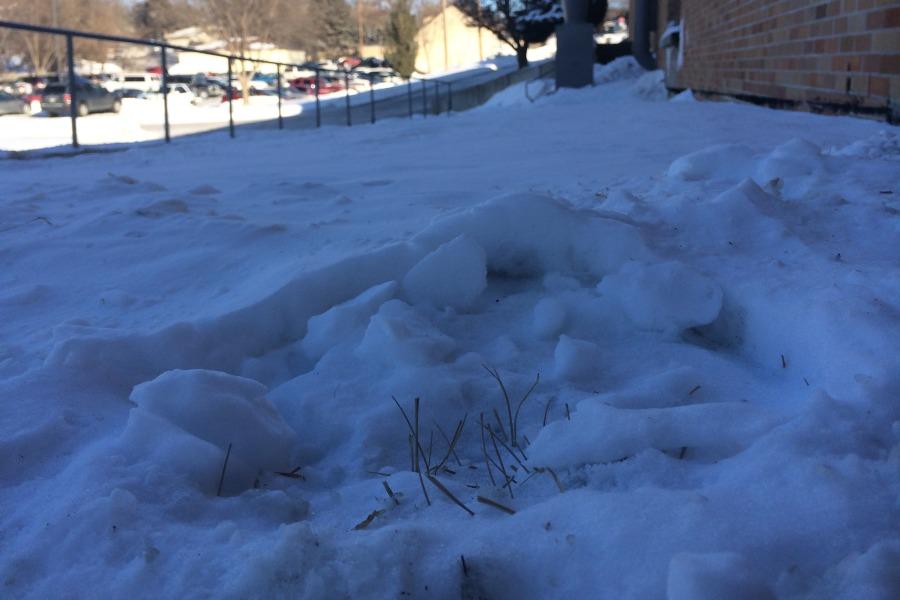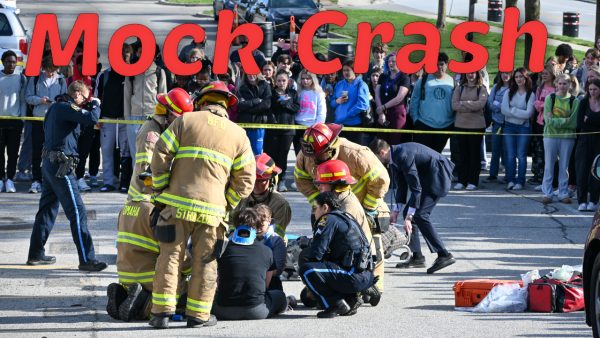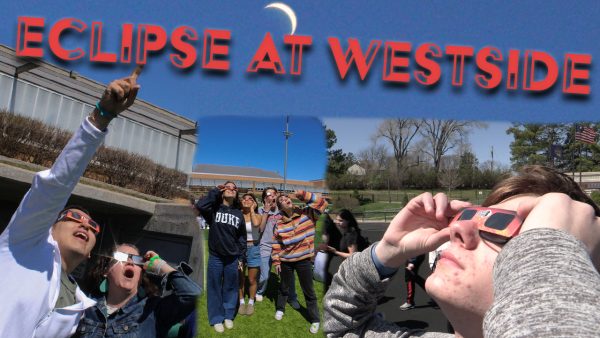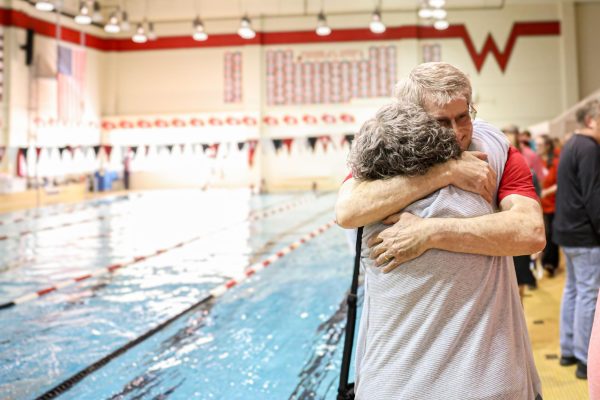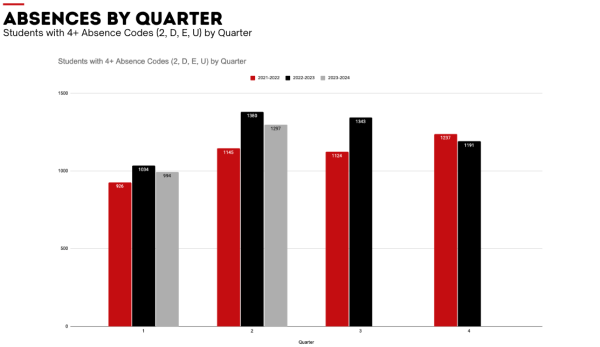School Cancellations not Taken Lightly
The winter weather this season has seen many shifts to say the least, with temperatures reaching 65 degrees fahrenheit to wind chills reaching 40 degrees below zero. Although there hasn’t been much snow this winter, the extreme low temperatures have called for a more unusual type of day off of school, a cold day.
Westside Superintendent Blane McCann explains the process that the district goes through to call off a day of school due to sever snow or temperature conditions.
“Normally in any weather event, we start with the superintendents getting together on a conference call,” McCann said. “When it comes to a cold day, they put out either a watch or a warning, and I think the warning is around somewhere near 25 or 30 below. And for snow days, we look at the duration, and the time of night it comes at, too, is important. What I’ve learned in Nebraska is that it is usually accompanied with ice, so you could get a small amount of snowfall but also have a lot of ice on the roads.”
The severe weather warning issued by trained weather specialists is an indicator for the superintendents to call off school because conditions are deemed to be harmful to any people traveling outside. The main factors the district considers in determining a day off from school are: safety of students and teachers, severity of the weather, if it is a watch or warning, duration and temperature.
In the situation of severe weather, calling the day off of school is a process that the district wants to do as soon as possible so parents can make accommodations for their children the next day.
“We try to call the day off of school early in the evening if we can,” McCann said. “We like to [announce] it before the 10 o’clock news so parents can make arrangements if we’re not going to have school the next day. We try to get a hold of nutritional services pretty quickly, too, because we don’t want to have a lot of food leftover. We also get a hold of the bus companies and the early childhood centers, because some parents still have to go to work.”
While some students drive or are driven to school everyday, McCann said the safety of students who take the bus or walk to school is always taken into high consideration, because it may not be safe to be walking to school or a bus stop in the morning during a severe weather warning.
“Many of our students are on busses, so they have to be out at the bus stop,” McCann said. “Sometimes kids don’t always dress the way they should, so they could get frostbitten. Westside in the past years has been a pretty confined area where you could probably get to your school easily, but now that we have option and open enrollment, we can’t have school when kids can’t get there.”
McCann’s ultimate goal when determining whether or not to call the day off of school is to always have the safety of students and teachers be the first consideration.
“Our number one priority when it comes to the cold or snow days is to make sure everybody stays safe,” McCann said. “I’d much rather call off school than have someone get hurt.”
Your donation will support the student journalists of Omaha Westside High School. Your contribution will allow us to purchase equipment and cover our annual website hosting costs.


